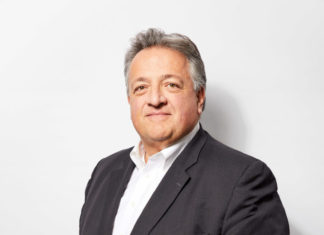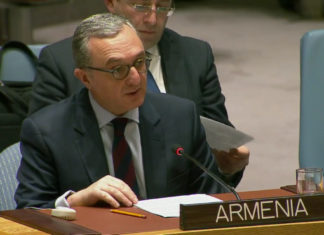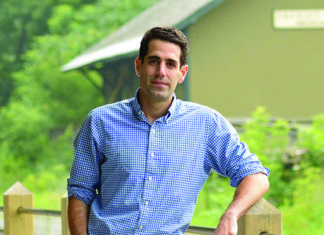By Aram Arkun
Mirror-Spectator Staff
AMSTERDAM — The Eighth Workshop on Armenian-Turkish Studies (WATS) took place here October 27 to 30. Cosponsored by the International Institute of Social History and the Netherlands Institute for War Documentation (NIOD) Institute for War, Holocaust and Genocide Studies, both based in Amsterdam, the workshop included scholars from 11 countries. The European site of the conference made it easier for scholars from disparate locations to attend.
The theme of the workshop was “Ethnic Tensions and Violence at the End of the Ottoman Empire,” which was broad enough to encompass a variety of topics, ranging from various aspects of the Armenian Genocide to topics of early 19thcentury Ottoman history.
As in the past, the workshop included a session of two talks intended for the general public. On October 27, Dr. Wichert ten Have, director of Holocaust and Genocide Studies at the NIOD Institute, served as master of ceremonies of this evening session. In his introduction, among other things, he asserted that the time had come for scholars to take a more active role in opposition to the denial of the Armenian Genocide.
Prof. Ronald Grigor Suny of the University of Michigan at Ann Arbor then spoke on “The Politics of the Armenian Genocide: Coming to Terms with History in the New Turkey.” He gave a somewhat informal and personal talk, including anecdotes about his own travels to Turkey and the development of the WATS process. He was followed by Dr. Ugur Ümit Üngor of Utrecht University, who spoke on “Confiscation and Destruction: Genocide and the Confiscation of Armenian Property.” This was basically a Power Point illustrated summary of the contents of his new book, coauthored with Mehmet Polatel, on this topic.
The two talks were followed by questions from the audience of over 100. Interestingly, the questions were of a varying nature and only included several which were of a denialist nature, perhaps prepped by representatives of the Turkish government. This is telling of changed times, as in the past, such a public event would have had a large number of hostile questioners, and would have required security to be present.








